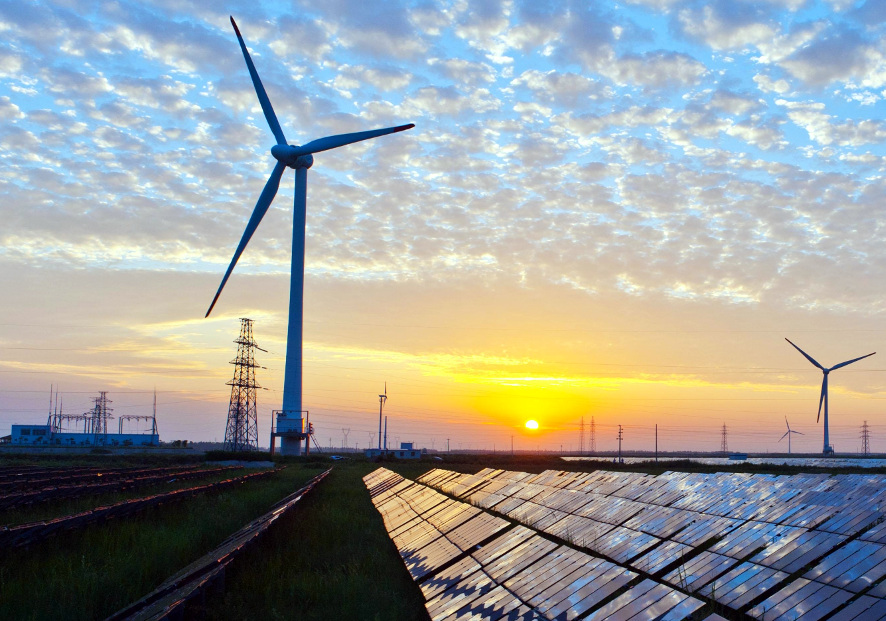"Turning the power - a mega-game for greater understanding of the energy system"
Ann-Sofi Kall, researcher in subject didactics and global studies at the School of Education and Communication, Jönköping University, is one of nine researchers in the interdisciplinary research project "Turning the power - a mega-game for increased understanding of the energy system". The project is financed with SEK 9 million from the Swedish Energy Agency.

Foto: Pixabay
The energy system is complex with a number of actors and conflicts of aims, and the purpose of the project is to create a platform that can enable an increased understanding of different actors’ perspectives on energy systems, society, environment and climate. An educational challenge is to increase actors’ understanding of each other from outside a systems perspective. The project aims to develop a simulation-based mega-game and carry through six different games.
Through simulations, the mega-game makes a geographical region visible and shows balance of power, ideas and values linked to needs, production methods, and consequences for the environment and climate. The game itself is designed so that the energy system must function in a satisfactory and long-term sustainable way. The participating actors’ own interests and goals are reflected through their actions and this action is tested against the simulation. The simulation then functions both as a judge and as a support function to handle the many interactions that occur when a large number of participants act simultaneously.
“The game format contributes with an adaptable platform that facilitates dialogues and deepens understanding. The mega-game develops iteratively and each game creates interaction for 20-100 participants. This is done by the participants managing the tension between the goal of creating a sustainable energy system and the expectations of interest groups such as citizens, authorities and companies,” says Ann-Sofi Kall.
The interaction that occurs between the participants in the mega-game will then be evaluated and it forms the basis for both scientific publications and for broadening the focus of the mega-game. The game engine (simulation, scenario, and game mechanics) may change during the project depending on what emerges during the implementation of the mega-games.
The interdisciplinary project consists of twelve different work packages and will last for just over three years. Participating actors are, in addition to JU, Linköping University and the University of Skövde, who all contribute with different skills. The working group includes cognitive scientists, computer scientists, linguists, environmental scientists, educators, and game developers.
“I will contribute with my knowledge of the energy system and with different perspectives on energy issues, which is what I have primarily devoted my research to and which I also wrote my doctoral dissertation on,” says Ann-Sofi Kall.
Facts
A mega-game is a type of large-scale simulation with a large number of participants which can contain elements of e.g role-playing games. Together, in "Turning the Power", the participants must try to find a balance between energy needs and the ability to produce, store and distribute energy, as well as find business models for this that are sustainable in the long term. In the mega-game, the participants can either play a role that corresponds to the one they normally have in society, or they can play as another actor. Success criteria exist both for the individual player and for the game as a whole, but these are not always compatible with each other.
